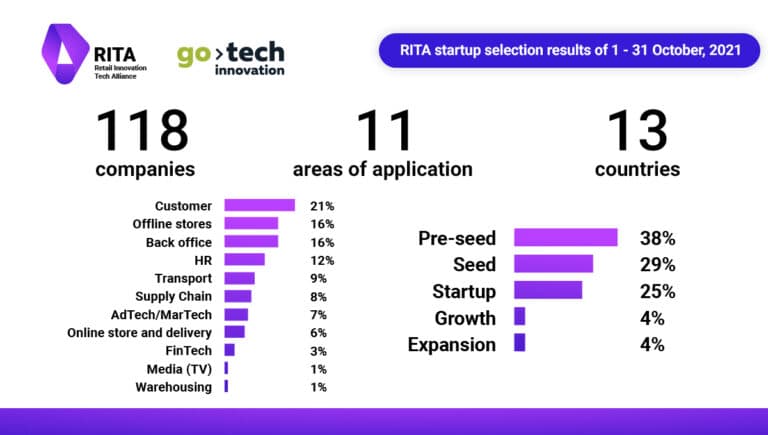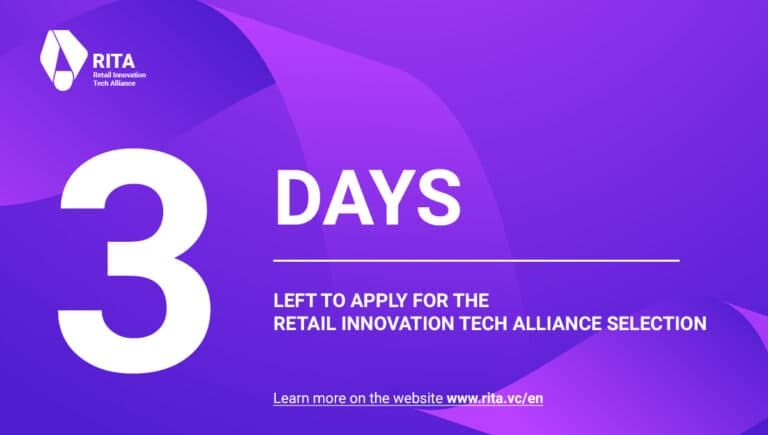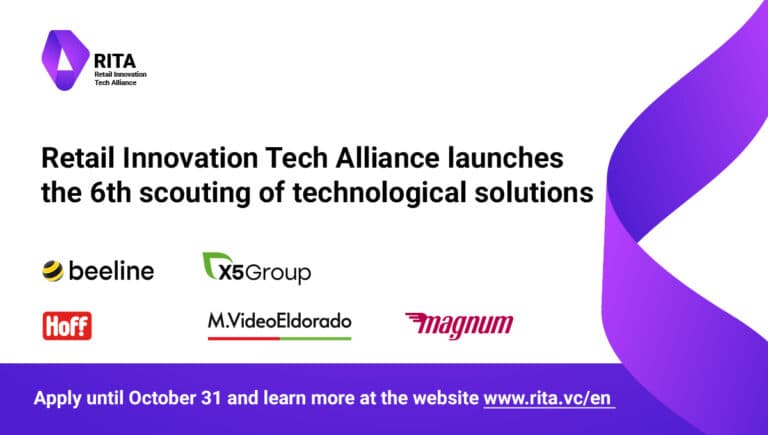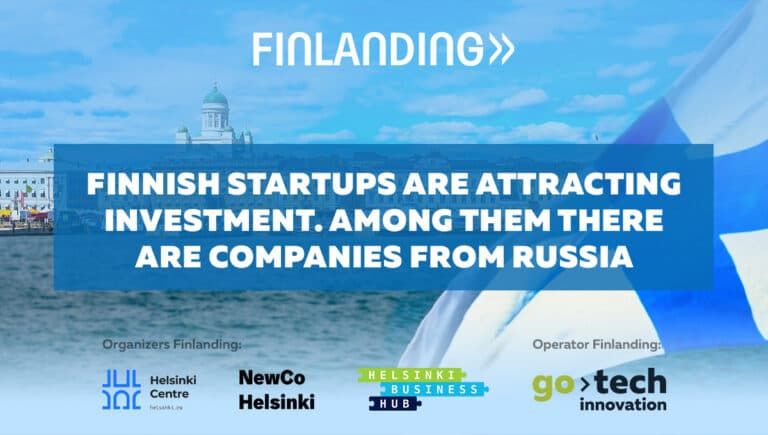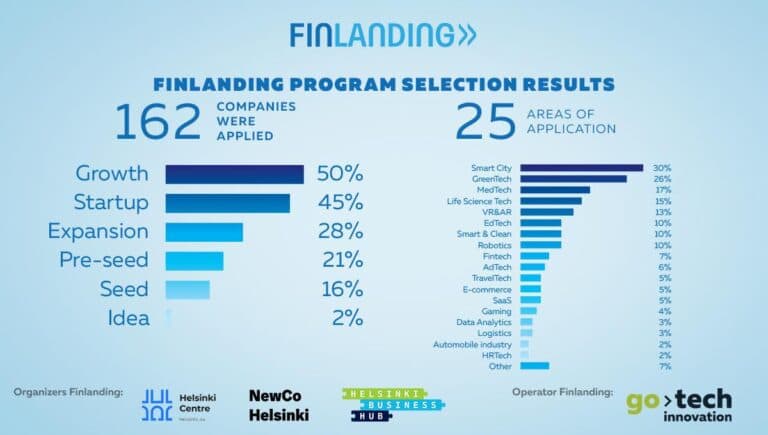Friends, we have recently read a study “Startup-Corporate Experiments: Finding Success with Proof-of-Concepts” from 500 Startups and would like to share some interesting information with you.
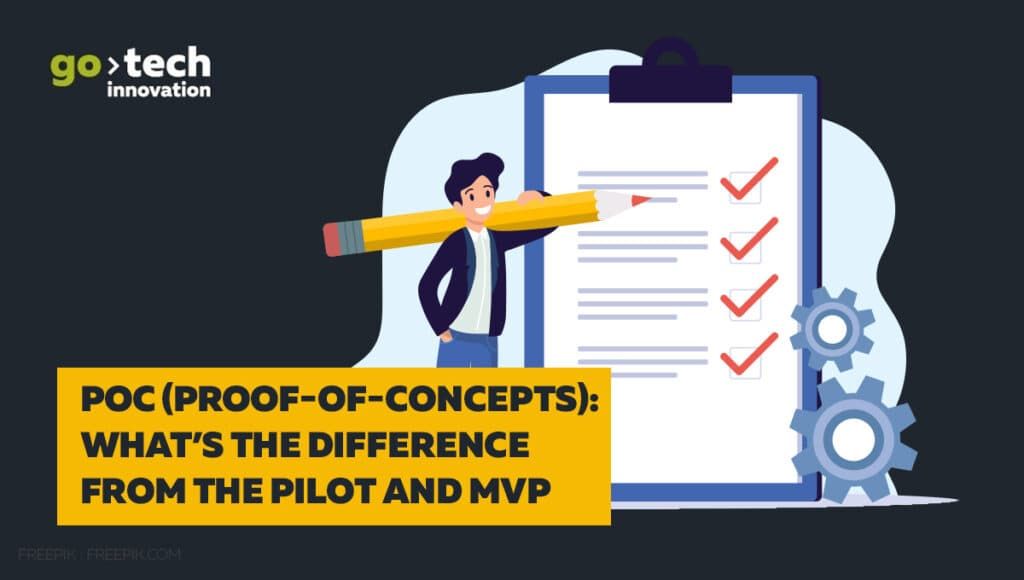
The authors of the study note that over the past 10 years, most large multinationals have developed teams responsible for innovation, establishing partnerships with innovators and launching pilot programs with high-potential startups. The 500 Startups team believes that after a crisis like that of 2020, the introduction of new technology solutions through collaboration with startups is more important than ever. However, these initiatives must be structured and implemented with professional care and diligence to minimize costs and expose the corporation to reputational risks. In their research, the authors decided to focus on the often painful process of launching a pilot project with a startup. Most often, such projects take the form of experimental programs (proof-of-concept, POC).
What is POC? Companies define POC in different ways, and there is often confusion about where you draw the line between POC, pilot, and minimum viable product (MVP). Some people use POC, pilot, and MVP interchangeably. But most definitions of POC tend to converge on the notion of testing to prove the feasibility of a solution or a core element of that solution. In most cases, if the POC does not show results, the startup’s proposal and market prospects for cooperation with it are at risk. A pilot project would be a way to test whether these statements are true in a broader context. The differences between the POC and the pilot are both in scope and in the period of implementation.
At the POC stage, a startup must already have a product in one form or another (it cannot be just an idea or a prototype). The product must be configured and embedded in the partner’s environment. These experiments are purposeful, part of the prospect’s organization is involved, and should only last a few weeks or months.
POC experiments are characterized by overarching technology hypotheses that will differ from industry to industry, such as:
- Can Technology X validate financial transactions faster than Technology Y? (for blockchain)
- Can this car sensor cover a distance of at least 200 meters? (for Mobility Tech)
- Will users of financial literacy applications be more likely to use complementary products such as life insurance? (for FinTech)
For startup founders, proof of concept is an important step in both product development and fundraising. Testing in a controlled environment gives development teams the opportunity to stress-analyze product constraints and determine what can be optimized. By raising additional funding, successful POCs can be used as evidence that a technology exists in the marketplace and signal attractiveness to larger, more powerful commercial partners in the future. Some investors would not even consider an innovative solution without such tests showing the viability of the product. For investors, successful POCs demonstrate a startup’s ability to meet the requirements of different conditions and scales in the future.
Here are some more interesting findings from this study:
- Corporations prefer to work with startups at a later stage – at least series A. All the innovation leaders from the company we interviewed said that they are looking for startups that have already tested their solutions in one form or another, and more than half of respondents noted the series B (or later) as preferred. This is in line with the commonly seen requirement for startups to have proven case studies to get started on a POC, and the more relevant the case studies are, the better.
- Introducing and partnering with startups tended to work best for more focused, short-term initiatives where there was a specific need for the business unit.
- Corporate POCs can last from 1 to 6 months, with most of them lasting 3-4 months. Concepts should be performed quickly, but the corporate environment often becomes an obstacle to operational testing. All respondents expressed willingness to conduct a POC faster than they do now.
- Success rates are still related to the volume of activity: at least half of the respondents said the number of startups represented in the organization is a key indicator of success. More results-oriented business units include additional metrics such as POCs completed and cost savings.
The original article is available at website.




